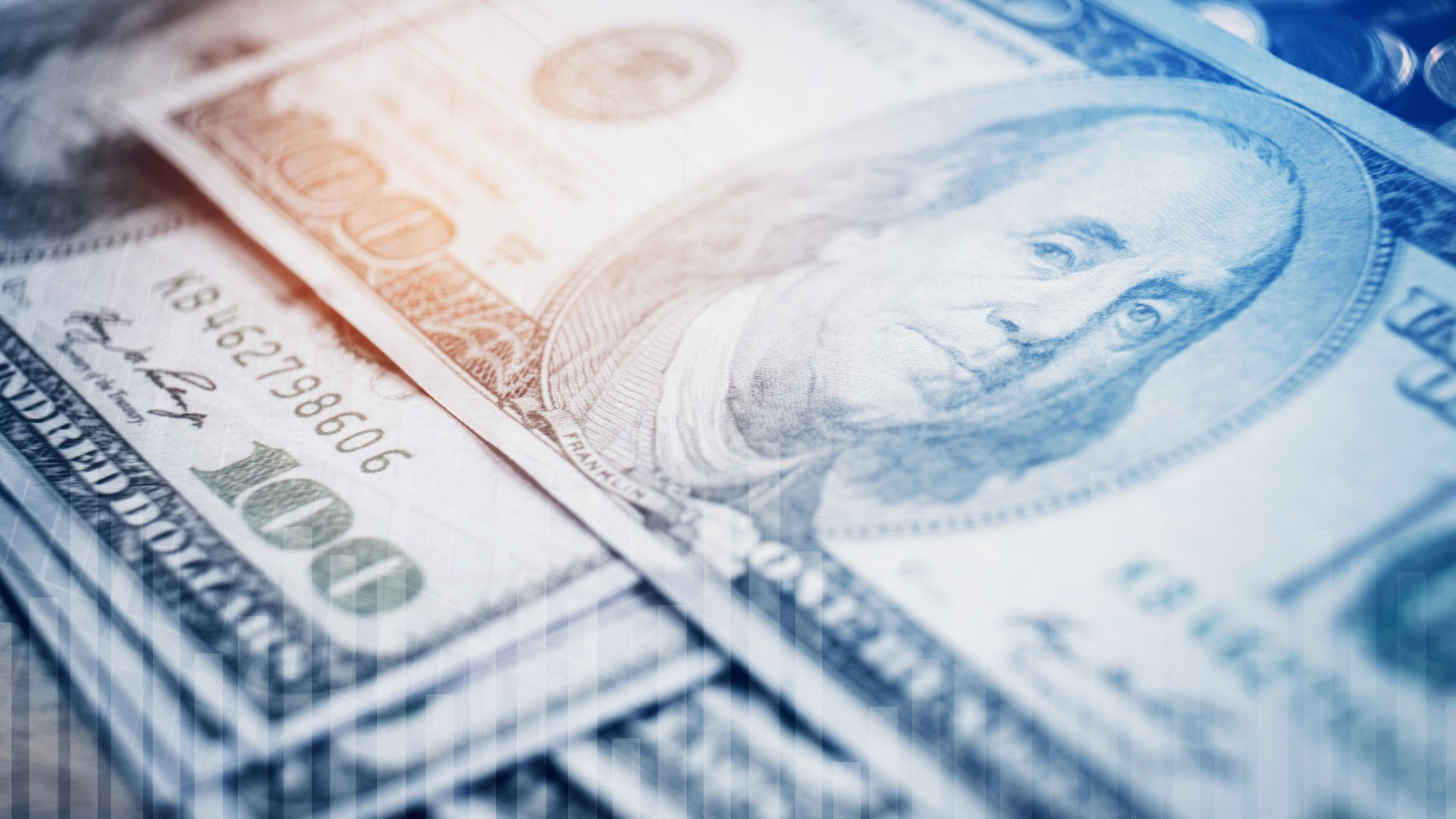
When you look at your paycheck, chances are a solid chunk goes straight to taxes. If you’re in the lower-middle class, you probably know the feeling. However, billionaires often pay a lower effective rate than the very workers who keep the economy running.
For You: 5 Key Mindset Shifts To Financially Become the Top 1%, According to Humphrey Yang
Check Out: 5 Cities You Need To Consider If You're Retiring in 2025
It got me thinking, what if billionaires paid the same tax rate as the lower-middle class? I asked ChatGPT and the answers revealed just how different our world could look if the richest Americans contributed at the same level as the lower-middle class.
Government Revenue Would Surge
ChatGPT pointed out that if billionaires were taxed at the same effective rate as the lower-middle class, the U.S. government could collect hundreds of billions more each year. That money could be used to reduce deficits, fund education, healthcare or even ease the tax burden on working families.
My first thought reading this? It’s not that billionaires would suddenly stop being billionaires. They’d still be unimaginably wealthy, but lower-middle class families would finally feel like the system was a little fairer.
See Next: 5 Ways You Can Reduce Your Tax Bill Like a Millionaire, According to Robert Kiyosaki
Wealth Inequality Would Narrow
ChatGPT explained that billionaires grow their wealth at lightning speed while paying relatively little tax. If they were taxed like a household making $50,000 to $70,000, the gap between them and the middle class would start shrinking.
And honestly, this makes sense. Billionaires would still have private jets and mega-mansions, but the climb for the rest of us wouldn’t feel quite so impossible.
Investment Income Would Be Taxed Differently
Most billionaire wealth comes from investments, not paychecks. Today, those capital gains are taxed at lower rates than regular wages. If billionaires paid the same rate as a teacher or a nurse, that advantage would disappear.
ChatGPT suggested it would force billionaires to rethink how they store and grow their wealth instead of just relying on loopholes and tax shelters.
Billionaire Power Could Shrink
This one surprised me. ChatGPT pointed out that if billionaires had less untouchable wealth, their ability to dominate politics, media and lobbying might weaken.
It’s not that billionaires would suddenly lose all influence. But they wouldn’t have quite the same grip on shaping policies that often benefit them more than the average voter.
Middle-Class Families Could Benefit
If the government redirected that extra revenue into programs that reduce costs, like healthcare, childcare or housing, middle-class families could see a real impact.
For some, it might mean lower expenses. For others, it could mean more disposable income. Either way, the everyday taxpayer might finally feel like the system was working in their favor.
Billionaires Would Push Back
ChatGPT also reminded me that none of this would happen without resistance. Billionaires would lobby hard against it, stash money offshore or even move to other countries with lower taxes.
Taxing the ultra-rich more heavily could discourage their investments or innovations, according to Earth.org. However, the evidence is mixed on whether that would actually happen.
More From GOBankingRates
- 9 Costco Items Retirees Need To Buy Ahead of Fall
- Vivian Tu: The Simple Money Rule That Can Keep You Out of Debt
- 7 Tax Loopholes the Rich Use To Pay Less and Build More Wealth
- 7 Ways To Tell If You're Rich or Middle Class -- It's More Than Your Paycheck
This article originally appeared on GOBankingRates.com: I Asked ChatGPT What Would Happen If Billionaires Paid Taxes at the Lower-Middle-Class Rate — Here’s What It Said







